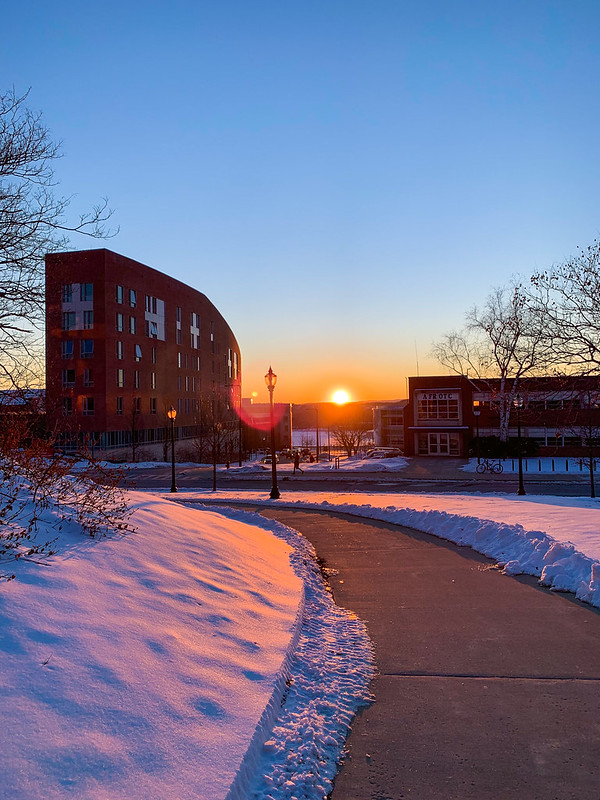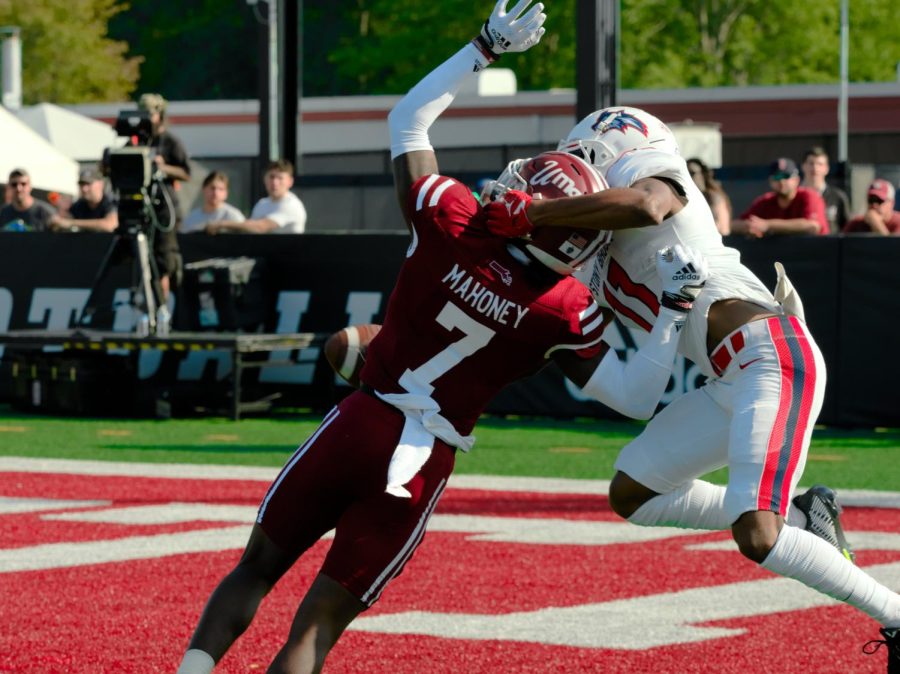Three days ago the University of Massachusetts released a detailed 58-page proposal outlining how they currently plan to conduct the fall semester. Tonight, with students, families, faculty, and other members of the campus community tuning in via a live stream, administrators fielded questions on their proposal for safely returning to school.
Much of the information discussed tonight was released three days ago. There is a group of about 4,000 undergraduates and 400 graduate students who are in at least one class that must be taught in person; the school is heavily emphasizing the importance of the “freshmen fall” and would like first-year students on campus. A revised calendar with an earlier start date seems almost certain, and dorms and classes will be at significantly reduced capacity.
Over the better part of two hours – the event was originally scheduled for half that – Rolanda Burney, Chancellor Kumble Subbaswamy’s chief of staff, dispatched questions to a cadre of administrators and faculty representing many different areas of the school apparatus.
From 6-7 tonight, UMass admins will answer questions submitted by students about the proposal. Follow along below, or watch the forum live here: https://t.co/vV7L2qzJWF https://t.co/JYLBJTi4wu
— Will Katcher (@will_katcher) June 11, 2020
UMass discussed their concern about inviting the entire student population back to campus. Subbaswamy specifically made note of the dense population. An online land area tool puts Southwest Residential Area, which houses 5,500 students, at .05 square miles, for a density of 110,000 people per square mile. Though not a exact comparison, Manhattan has 71,000 people per square mile.
The school expressed that they have the health of the Amherst community in mind when determining how many students to invite back. Amherst has 91 confirmed cases of COVID-19 as of June 10 and Hadley has 42. With many students coming from the eastern area of Massachusetts, the school is cognizant of the effect that could have on the surrounding community and its health services.
The Pass/Fail designation that students had the option to label all courses with this Spring doesn’t seem likely to return in the Fall. Carol Barr, dean of undergraduate education, said that the option was given because of the quick transition to online education in March. But come Fall, online courses will have been well planned out for months in advance, she noted. Barr said, the courses for UMass’ online degrees aren’t all Pass/Fail.
The UMass community received an explanation for why first year students are being prioritized for on-campus learning. “The first year student experience is quite unique, which all of you know,” said Barr. “First year students need help in that transition to college” via the support system that is best available from campus, she said.
In a major development regarding off-campus housing, associate dean of students Sally Linowski said that “there is not a shortage of rental housing in Amherst, despite what you may be hearing.”
“We are ready and able to assist you,” she added and announced an off-campus housing fair where property owners who have availability will be able to meet with students seeking houses or apartments.
Though already noted in the proposal released earlier this week, Subbaswamy reiterated that tuition will not be different for those on-campus and those learning remotely. The results of tuition, from “world-class faculty” to student services, will still be available, he said. Out-of-state students will continue to pay a different tuition rate than their in-state peers, as usual.. As the chancellor explained, out-of-state students aren’t paying the taxes that partially fund the school.
The forum did not include exactly how UMass plans to quickly test thousands of students upon arrival, though executive director of Environmental Health and Safety Jeffrey Hescock noted that “We’re looking to expand our capacity locally and through some third parties.”
Garrett DiStefano, director of Residential Dining, said that the food is going to be great and it will be served safely. Grab ‘N’ Go will be expanded, food may be offered at different cafes around campus, and there could be outdoor dining, he said.
Will Katcher can be reached at [email protected] and followed on Twitter at @will_katcher.




















